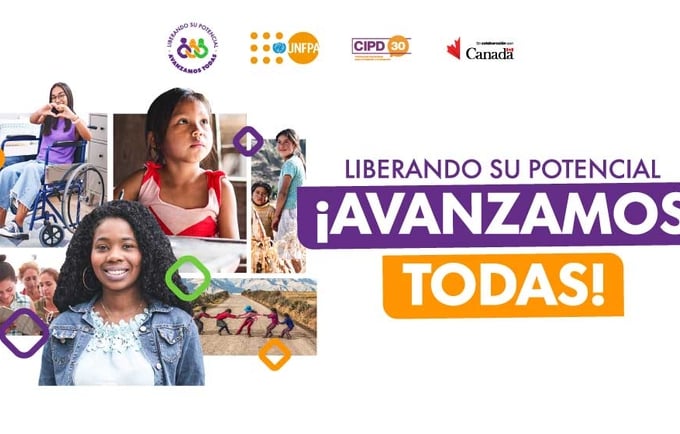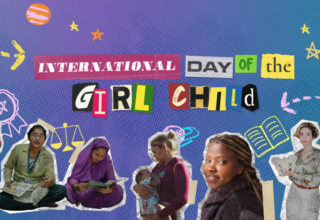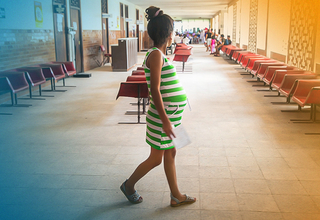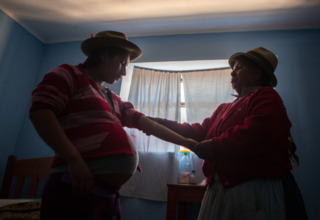The United Nations Population Fund (UNFPA) has launched the project "Unlocking Their Potential: Empowering Girls, Adolescents, and Young Women to Exercise Their Rights," with financial support from the Government of Canada. This initiative, running from April 2024 to March 2031, will focus on the regions of Ayacucho and Piura, and the district of San Juan de Lurigancho in Lima, areas identified for their critical needs in sexual and reproductive health and rights.
Project Context and Justification
Peru faces significant challenges in ensuring universal access to sexual and reproductive health and rights (SRHR) and eliminating inequalities, within a context where discriminatory social and gender norms prevail. These challenges are evident in high levels of unwanted pregnancies, gender-based violence, and harmful practices that impact the life plans and full exercise of rights of girls, adolescents, and young women.
In 2023, the Women’s Emergency Centers attended to 30,837 people for sexual violence, 49.1% of whom were girls aged 12 to 17, with 12,524 cases involving rape. Additionally, one in four Peruvian women has suffered physical violence by their partner at some point in their lives. The rising trend of forced pregnancies and motherhoods is alarming, with 1,357 births to girls under 15 years old in 2023, a number that has been increasing since 2019.
This situation is even more severe for those in the lowest income quintile, with lower educational levels, in rural, urban-marginal, and peri-urban areas, as well as for the indigenous, Afro-descendant, disabled, LGBTQ+, and refugee and migrant populations. The significant gap between desired and observed fertility, especially among adolescents aged 15 to 19, highlights the urgency of intervention.
"This project aims to contribute to improving the well-being, health, and exercise of sexual and reproductive rights of girls, adolescents, and young women, especially in rural, indigenous, Afro-descendant, and refugee and migrant communities in vulnerable situations, in an equal and gender-violence-free environment," highlighted Dr. Hugo González, UNFPA Representative in Peru.
Project Strategies
The project strategies include policy promotion and dialogue, capacity building, knowledge management, and the direct provision of essential services. It prioritizes human rights-based approaches and the transformation of discriminatory gender norms, as well as inter-institutional coordination and the generation of reliable data.
"Every adolescent, young woman, and girl should be able to decide what to do with their body, life, and future. Canada supports the Peruvian state’s efforts to address the challenges they face," added Canadian Ambassador Louis Marcotte.
Project Launch Event
The launch event for the project "Unlocking Their Potential: Moving Forward Together," was held on July 11 and inaugurated by the Minister of Women, Teresa Hernández. The event unfolded in two parts. The first part consisted of a dialogue on the project's relevance, with participation from young leaders from Ayacucho and Piura, Deputy Minister of Women Elba Espinoza, Canadian Ambassador Louis Marcotte, and UNFPA Representative in Peru Hugo González.
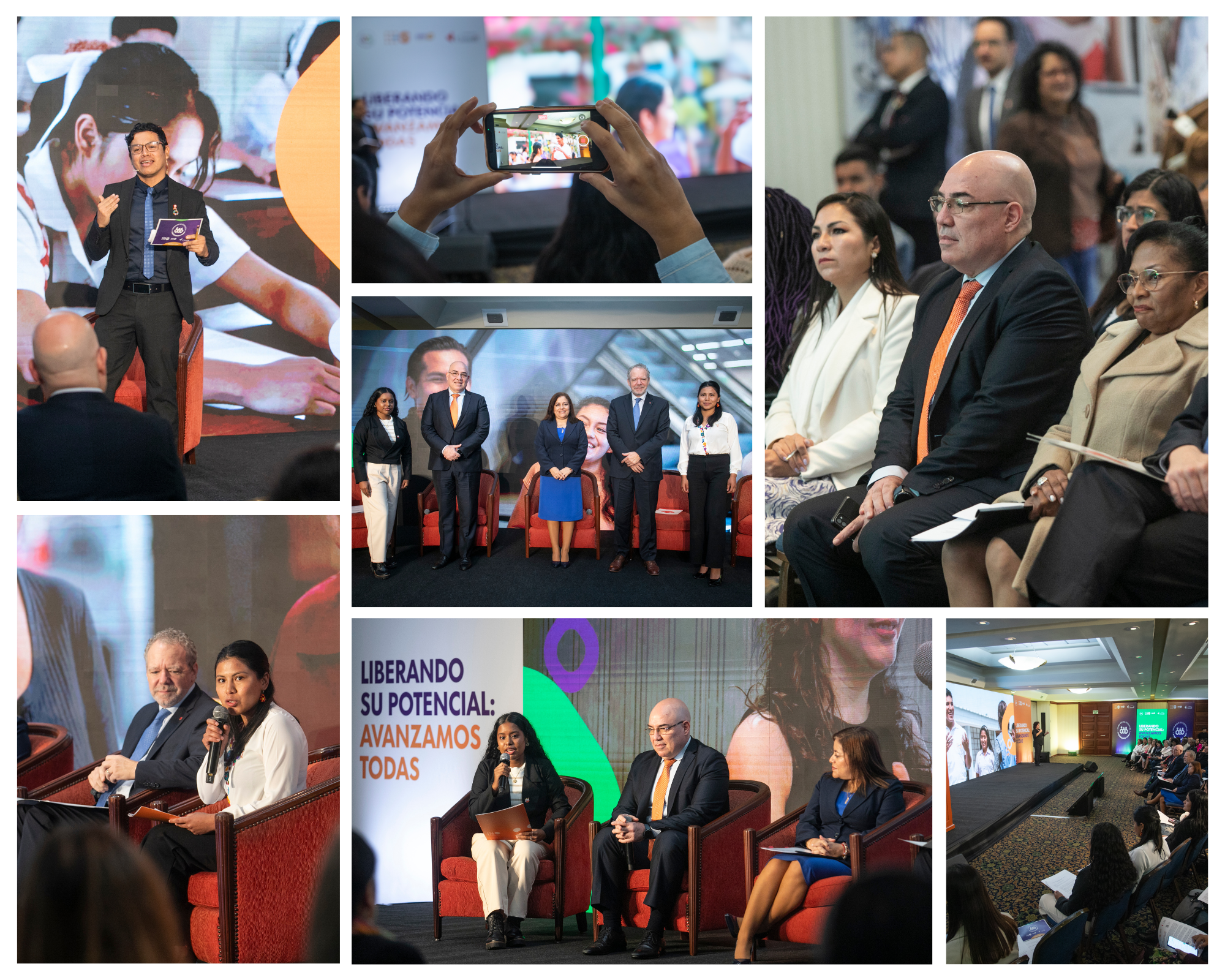
The second part included a TedTalk format intervention on health, sexual and reproductive rights, and gender equality by journalist Manuela Camacho. During her talk, Camacho emphasized the importance of comprehensive sexual education to prevent abuse and empower children. "Naming things for what they are, although it may seem simple, holds immense power. Comprehensive sexual education is not only necessary but urgent so that children can identify and report abuse situations," she affirmed.
The panel following Camacho’s presentation included Tarcila Rivera, President of the Center for Indigenous Cultures of Peru CHIRAPAQ; Sofía Carrillo, Afro-Peruvian journalist and activist; and Tania Vila, Deputy Governor of the Ayacucho Regional Government.
Rivera, a prominent social leader focused on indigenous communities, emphasized: "It is crucial to understand that culture should not be a barrier to respecting human rights. We need programs that value the knowledge and capacities of our communities and include everyone in the change." Carrillo, a renowned social activist and defender of women's and minority rights, stated: "Intersectionality is not just about discourse. We need concrete actions that recognize and value the diverse identities and conditions of Afro-descendant women to truly guarantee their rights and empower them."
Vila, representing an institutional perspective from a high Andean region, highlighted the importance of public investment projects with a gender focus: "When a girl becomes a mother in her adolescence, not only is her development disrupted, but also her possibilities of leading an adequate life. This project is essential for our girls to live free of violence and fully exercise their rights."
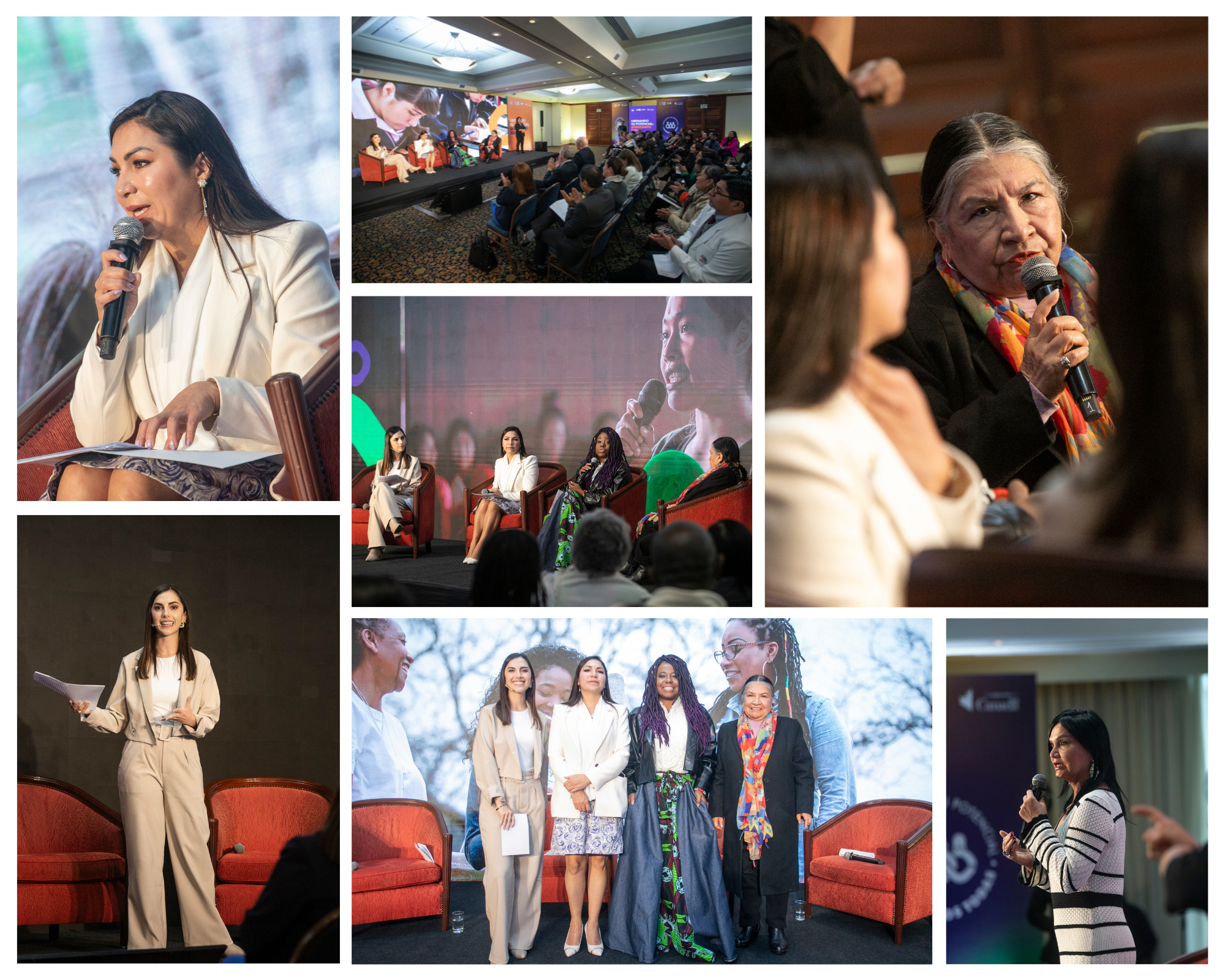
30th Anniversary of the ICPD
The launch event was held within the framework of World Population Day, celebrated every July 11. This year marks the 30th anniversary of the 1994 International Conference on Population and Development (ICPD), a milestone in recognizing the importance of human rights, including reproductive rights, for sustainable and inclusive development.
For more information on this project and the launch event details, visit UNFPA Peru or contact zeballos@unfpa.org / 988 504 765.
